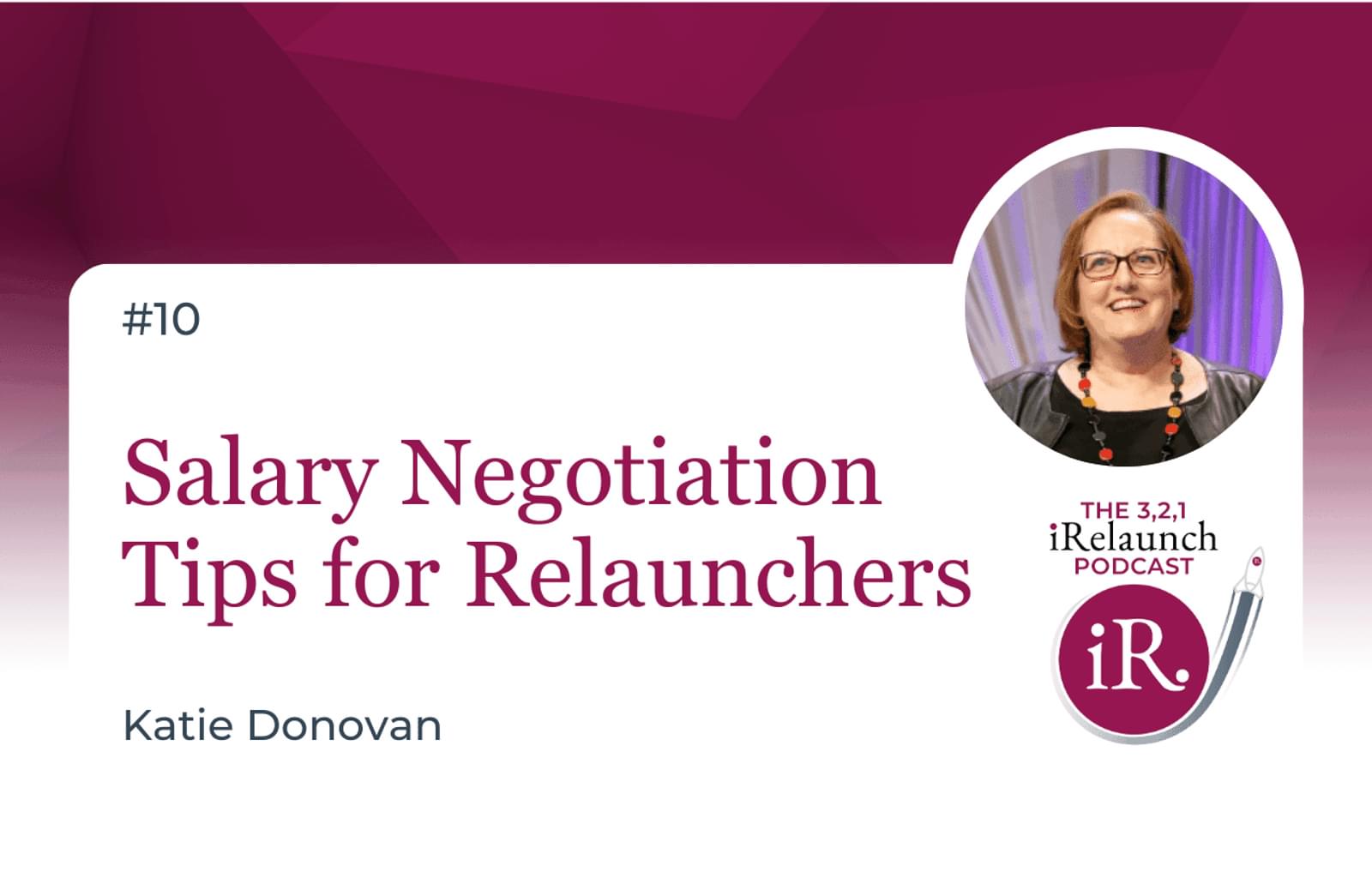Reentering the work world has you dusting off many talents you have
not used in awhile. Happily, negotiating is not one of them. Everyone
negotiates. You just might not call it that. Times that most of us can
relate to negotiating are family gatherings, be it Thanksgiving, Fourth
of July, birthdays, or just an extended family dinner. Whether single,
married, parent, grandparent, or child free these events highlight the
many small negotiations we all do to get through daily life. Family
brings those negotiations up to level eleven. For sake of example, let’s
use the occasion of parents’ of adult children having an anniversary.
You Negotiate
The first negotiation among the adult children often is who will host
a party to celebrate the big event. Considerations include who has the
biggest home; the centrally located home, the good host, and has
available time. Everyone has a reason to host or not to host depending
on preference. The process will happen with decisions regarding gifts,
whom to invite, date, and so much more. Some siblings may take the
choose-your-battles-wisely approach by going along with everything but
the one thing that truly matters. Others will try to get an upper hand
on every detail. And others will fit somewhere in between. The same can
be said for negotiating employment packages.
Research
Whether you are trying to find out what a good price to rent chairs
for your parents party or the pay and benefits a job should give, a good
starting point is the Internet. Go to Indeed.com, Salary.com,
Glassdoor.com, or any online job board and find out what a job pays in
your area. Do not get too hung up on the exact title of the job. Some
employers are very creative with their job titles, making it difficult
to find similar jobs. Use the generic version of the title. Chief People
Officer is Chief Human Resource Office. Money Maker would be Sales
Manager.
Counter Objections
At its core, negotiating is responding to reasons why the other party
is going to say NO. Using the family party as an example.
- No, you cannot bring a date. Family only.
- No, you cannot wear jeans. This is a big event and we should dress up for it.
- No, I am not pitching in $1,000 for a gift.
- If you can respond to the pushback from relatives then you can
respond to the pushback of a hiring manager. Common reasons you will
hear from management include:
- No, we cannot afford to pay you higher.
- No, your research is wrong.
- No, everyone starts at this salary.
Ask Questions
Collaborative negotiating is a great technique to use for business
and family negotiations because it helps to keep and grow relationships.
This means you ask questions to find common ground. This will help
establish a respectful and professional relationship.
- MANAGER: No, we cannot afford to pay you higher.
- YOU: Wow that surprises me. I saw you have 10% growth the past 3 years. Has something changed?
- MANAGER: No, your research is wrong.
- YOU: I’m sure your research is better than mine. Can you share with me how you determined my offer?
- MANAGER: No, everyone starts at this salary.
- YOU: That’s interesting to know. My concern is that the salary is
low for the current market. Is the company’s philosophy to pay on the
low end of the scale for all jobs?
Power
All good negotiations come from a place of power and yes a person who
hasn’t worked in 10 years does have power. The magic moment of power
for all job candidates is after the employer offers you the job and
before you accept it. They have fallen in love with you. Now, it is
their turn to stare at the phone and refresh their email awaiting a
response. Enjoy it because if they do not hire and pay you the going
rate for the job then they will hire and pay the going rate to someone
else.
Practice
You will practice your congratulations toast to your parents. The
same should be true for negotiations. Ask a friend, roommate, or family
member to play the hiring manager who says NO to you. And you can
practice on your own. Personally, I practice speaking engagements in the
car.
Success
The first success in negotiation is obtaining more data to make a
better-informed decision to accept the job. The second success happens
if you get better pay or benefits. You will be surprised how often you
succeed in both once you start negotiating every job offer. Hopefully,
the above advice tempts you to try.




